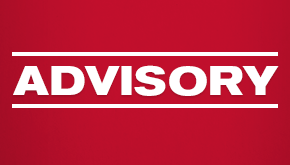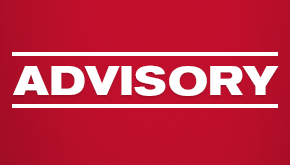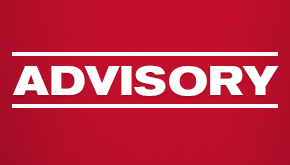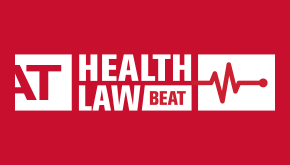Major EHR Technology Settlements Signal More Investigations on the Horizon
A District of Vermont U.S. Attorney announced this past week that a Florida-based electronic health records (EHR) technology vendor – Greenway Health – has agreed to pay a $57 million settlement relating to alleged false claims under the Federal Electronic Health Record Incentives Program. This and other large, related settlements could lead to aggressive actions by the United States Department of Justice (DOJ) in seeking penalties against companies that utilize deficient EHR software.
Background
U.S. Attorney Christina E. Nolan pointed out in a Feb. 6, 2019, press release that this was the second settlement her office had reached in the past two years with “leading EHR developers” involving “significant fraudulent conduct.” The first of the two settlements was in May 2017, with Massachusetts-based eClinicalWorks. The two settlements together totaled over $212 million and both companies entered into five-year corporate integrity agreements with the U.S. Department of Health and Human Services’ (DHHS) Office of Inspector General. The first of the two settlements led to the whistleblower plaintiff receiving $30 million.
In both cases, the DOJ alleged that the EHR vendors had caused those who had purchased their EHR technology to submit false claims to the government by misrepresenting the capabilities of their EHR technology and thus enabling users to wrongly receive incentive payments under the EHR Incentive Program of the Federal American Recovery and Reinvestment Act of 2009 (ARRA).
The EHR Incentive Program of ARRA allocated $19 billion in incentive payments to encourage health care providers to adopt and “meaningfully use” EHR technology. In order for health care practitioners to qualify for such incentive payments, they have to be using a certified EHR system and meet certain other requirements concerning their use of the technology. To obtain certification, software vendors must provide documentation and evidence to government-authorized testing laboratories and certification bodies demonstrating that their platforms meet the government’s established standards.
Prosecutors alleged that Greenway and eClinicalWorks had provided bogus information to certification entities and had knowingly concealed shortcomings, which posed a risk to the accuracy and reliability of the information being recorded and transmitted.
Why the investigations matter
Why should this settlement matter to other EHR developers – or to anyone else? First, the sheer size of the settlement is likely to lead U.S. Attorneys in other jurisdictions to conduct similar investigations – if they aren’t already in progress – and may also attract other potential whistleblowers.
EHR developers and their investors should also be aware that settlement agreements and corporate integrity agreements with the government aren’t the only potential adverse effect of a government investigation. According to a FierceHealthcare report from Jan. 25, 2018, the DOJ (Vermont again) began an investigation of another EHR company, Practice Fusion, during negotiations to sell the company to Allscripts. Reportedly, Allscripts was willing to pay up to $250 million for Practice Fusion. Following news of the eClinicalWorks settlement and the DOJ inquiry, the purchase price dropped to $100 million.
These investigations also have relevance to the broader health care industry. The investigations to-date have not led to civil or criminal charges against the health care professionals who acquired the software in question, even though the DOJ alleged that Greenway had provided “unlawful remuneration” to “influential customers” to induce them to recommend Greenway. As always, organizations and individuals participating in federal or state health care programs should be alert to any offers or benefits that could be interpreted as remuneration for referrals.
Organizations and individuals receiving meaningful use incentive payments should also be alert to the possibility that the DOJ might become more aggressive in questioning buyers of EHR technology as to whether they were diligent in reviewing the functionality of the products purchased.
The Centers for Medicare & Medicaid Services is performing ongoing audits to determine compliance with the meaningful use incentive requirements. We recommend that organizations and individuals who have received meaningful use incentive payments consult with experienced legal counsel regarding retention of records and response to any records requests.
The investigations also demonstrate the importance of having knowledgeable professionals involved in the review of software purchase agreements for potential risk and possible alternatives, as well as the negotiation of EHR software acquisitions.





































